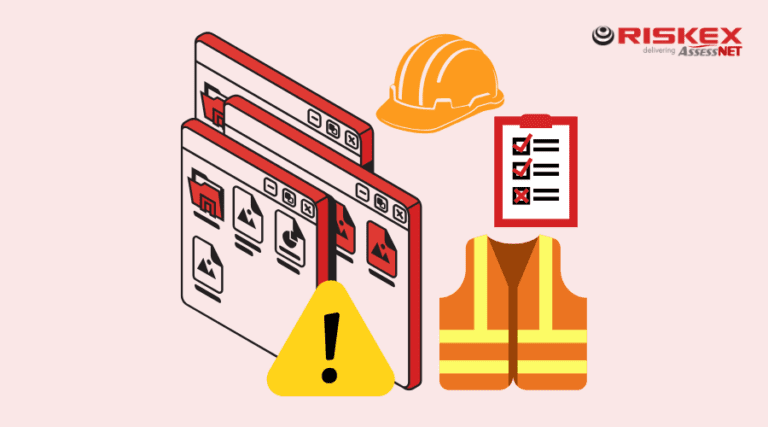It’s reported that some Government Ministers say Health and Safety Law would not be broken by employers who force their employees to have a Covid-19 vaccination. This is in spite of Nadhim Zahawi, the Vaccine Minister, saying that a “jab for a job” scheme and “vaccine passports” would be “discriminatory”.
This topic can be debated on many levels, ranging from freedom of choice, to social responsibility to the wider population and opinions around taking responsibility to not harm other workers around you. There are strong arguments supporting mandatory vaccination, driven by a desire to free the world from the pandemic lockdown and restore previous freedoms. However, there are issues that employers should carefully consider, before proceeding with mandatory vaccinations.
The Telegraph has reported that tribunals have previously ruled in favour of bosses who have dismissed staff for failing to isolate with infectious disease. So, there is precedent for employers taking a tough stance, however existing work contracts cannot be arbitrarily amended without employee agreement.
There could be many reasons why people choose not to have a Covid-19 vaccination, for example, for religious or philosophical beliefs, leading to claims of discrimination or constructive dismissal.
There’s also the issue around ethnic groups not taking up the vaccine, where there are ongoing campaigns to reassure concerns about the suitability and safety of the treatments. By stipulating that vaccination is mandatory, this risks discrimination against a sector of the population that is known to be sceptical.
The Nuremburg Code from 1947 states that any coercion of any kind to enforce a medical procedure is a crime against humanity, particularly when it relates to human experimentation, as is the case with all the Covid-19 vaccines, which are deemed experimental. The Nuremberg Code, however, has not be signed into Law anywhere.
Companies also need to consider the insurance implications, and whether their insurer would take on the liability of forced vaccination, making them liable for any and all potential side effects, especially when the pharmaceutical companies themselves have been given immunity from any liability for damages.
Given the insurance risks, would employers be prepared to sign a contract saying they will pay compensation to any existing or prospective employee should they suffer any adverse effect / illness / disability or fatality as a result of being forced to vaccinate? Health & Safety Law cuts both ways – employers have a duty of care to protect their employees and others around them, including members of the public. However, that duty of care also extends to ensuring the employer doesn’t expose the aforementioned to “any potential harm or injury”. Note the word potential; we know that the influenza virus can cause illness and fatality, and the flu vaccination has never been mandatory, so any employer taking this enforced approach to Covid-19 vaccines could be risking compensation claims.
There are no statutory provisions that can force individuals to be vaccinated. The Public Health (Control of Disease) Act 1984 specifically states that members of the public should not be compelled to undergo any mandatory medical treatment, including vaccinations. Forcing, coercing or manipulating an employee to receive a vaccine is in breach of Article 8 of the European Convention on Human Rights, which protects people from being interfered with physically or psychologically and includes mandatory vaccinations, protecting their right to a private life.
Forced vaccinations in the workplace is not only a human rights concern, but also has criminal implications. Forcing anyone to receive a vaccine injection under duress, under UK Law, constitutes an unlawful injury (assault, and even grievous bodily harm if the consequences of the treatment are serious), as medical professionals require informed and voluntary consent to administer the vaccine.
That being said, an employer may wish to insist their staff have the vaccination and failure to comply may result in formal disciplinary action. ‘Vaccine hesitancy’ itself is not a protected characteristic, such as age, disability and race. One approach could be to highlight the benefits of being vaccinated and the positive impact that vaccination could have on the workplace. Employees can then make their own informed decisions about whether to be vaccinated. Sensitivity is key, and employers should consider the language they use in order to avoid allegations of undue pressure.
Riskex Response:
We think that regardless of the rights and wrongs surrounding mandatory vaccination, employers should, above all, seek to engage their people in making informed decisions based on factual information and Government guidance.
Whilst we believe that businesses should support each individual based on their unique circumstances and act in accordance with prevailing law, it is also critical that corporate policies and processes are designed to protect the workforce as a whole. In order to do this, organisations must make provision for monitoring the vaccination status across their employee and contractor populations.






